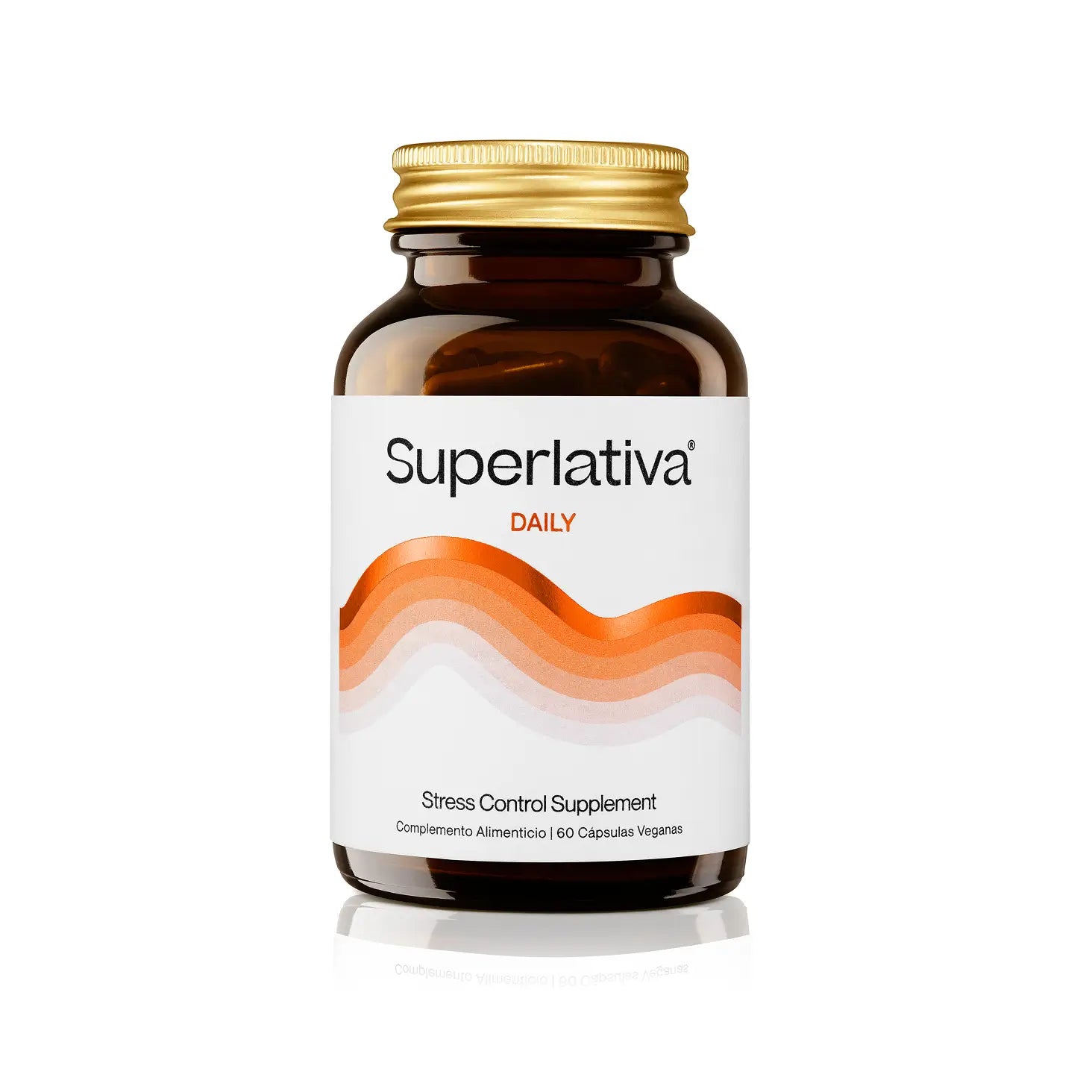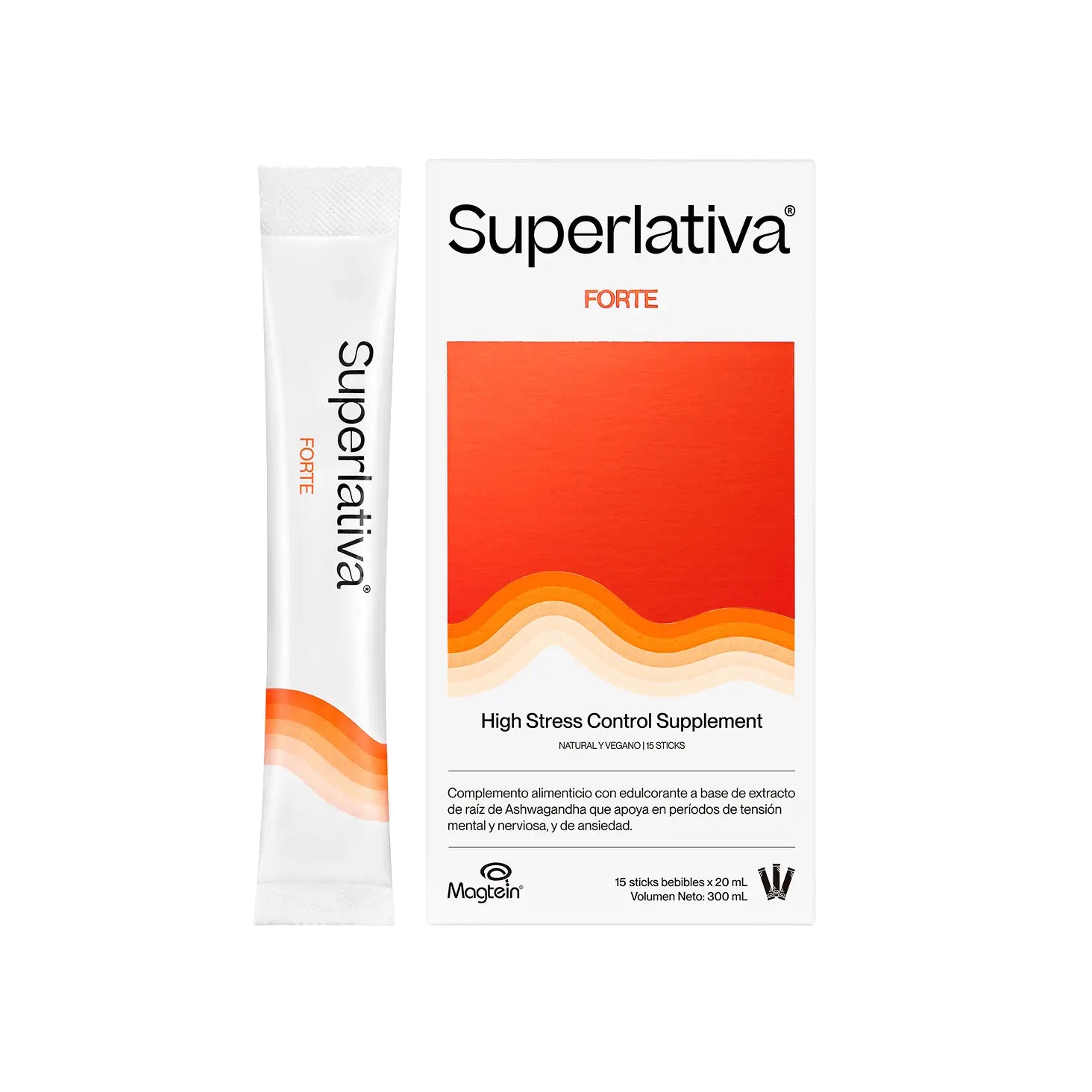Zinc is a very important mineral that people need to stay healthy. Suffering from a zinc deficiency can trigger alterations in your body's functions, as it is involved in many metabolic processes. Deficiencies in any micronutrient can be due to a decrease in zinc intake, an increase in the body's needs, or a decrease in bioavailability due to the form in which it is found in food.
What is zinc?
Zinc is one of the most abundant essential elements in the human body. The highest concentrations are found in the liver, pancreas, kidneys, bones, and voluntary muscles, and significant concentrations are also found in the eyes, prostate, sperm, skin, hair, and nails.
Main functions:
- Improves the immune system: Zinc is essential for the proper functioning of the immune system, and supplementation can help prevent disease.
- Wound healing: Zinc is important for wound healing and can speed up the healing process.
- Improved eye health: Zinc is essential for eye health and may help prevent eye diseases such as age-related macular degeneration.
- Regulation of metabolism: Zinc is essential for many enzymatic reactions that control metabolism. It is involved in carbohydrate metabolism.
Properties of zinc
Zinc is one of our body's essential nutrients. It helps our senses of taste and smell function properly, strengthens the immune system, preventing colds and flu, and contributes to wound healing.
It is also essential for the production of proteins and is involved in bone mineralization. It should be noted that, at certain stages of life, such as childhood and adolescence, it is necessary for proper development.
Zinc is a mineral involved in skin health and collagen synthesis, and if you want to strengthen your hair and nails, as well as take care of your skin, you should also get the right amount your body needs. It also helps with acne in several ways, including reducing sebum production, maintaining adequate levels of inflammation, and promoting acne healing.
Benefits of zinc
The European Food Safety Authority (EFSA) has confirmed that dietary zinc intake has clear health benefits, as it contributes to the following:
- Normal functioning of the immune system;
- Protection against oxidative damage;
- Maintenance of normal bones;
- Normal cognitive function;
- Normal fertility and reproduction;
- Normal vitamin A metabolism;
- Maintaining normal vision.
- Normal protein synthesis;
- Maintenance of normal serum testosterone concentrations;
- Normal metabolism of carbohydrates and fatty acids;
- Maintenance of normal skin, hair and nails;
What foods contain zinc?
Zinc is present in the following foods:
- Oysters.
- Meat, fish, poultry, seafood such as crabs and lobsters.
- Legumes, nuts, whole grains, eggs, and dairy products.
- Fruits and vegetables are not good sources because the zinc in plant foods is not as readily available for human consumption as zinc from animal sources. Therefore, low-protein and vegetarian diets tend to be low in zinc.
What happens if I have low zinc levels?
Infants, children, and lactating women are the most likely to suffer from zinc deficiency. Low zinc levels are sometimes seen in the elderly, alcoholics, people suffering from anorexia, people with malabsorption disorders such as Crohn's disease or celiac disease, or individuals following a restrictive diet. Zinc deficiency can also be found when a woman undergoes a hormonal change, such as during menopause. perimenopause and menopause.
Symptoms of zinc deficiency include loss of appetite, slow growth, weight loss, loss of taste or smell, poor wound healing, skin problems such as acne and psoriasis, hair loss, absence of menstrual periods, night blindness, white spots on the nails, and depression.
How to take zinc?
Zinc is available in dietary supplements to ensure we meet the nutritional requirements appropriate to each individual's needs.
You can find zinc in our hormone balance supplement and our antioxidant supplement.
Each person's individual needs should be considered based on their diet and health conditions. Zinc is safe when used in amounts no greater than 40 mg per day. If you want to take it easily, our Muse product is tailored to your needs.
[dib_prod_4856135942178]
Does zinc have any contraindications?
Some of the possible interactions are as follows:
- Antibiotics. Taking them orally while taking quinolone or tetracycline antibiotics can interfere with their ability to fight bacteria. Taking the antibiotic two hours before or four to six hours after taking zinc can minimize this effect.
- Penicillamine. Taking zinc orally with penicillamine for rheumatoid arthritis may reduce the drug's ability to relieve arthritis symptoms. Taking zinc at least two hours before or after taking the drug may minimize this effect.
- Thiazide diuretics. These blood pressure medications increase the amount of zinc lost in urine.
Literature
https://medlineplus.gov/spanish/ency/article/002416.htm
https://www.mayoclinic.org/es-es/drugs-supplements-zinc/art-20366112
https://www.nutri-facts.org/content/dam/nutrifacts/pdf/nutrients-pdf-es/Zinc_ES.pdf
https://scielo.isciii.es/scielo.php?script=sci_arttext&pid=S0212-16112007000100012









